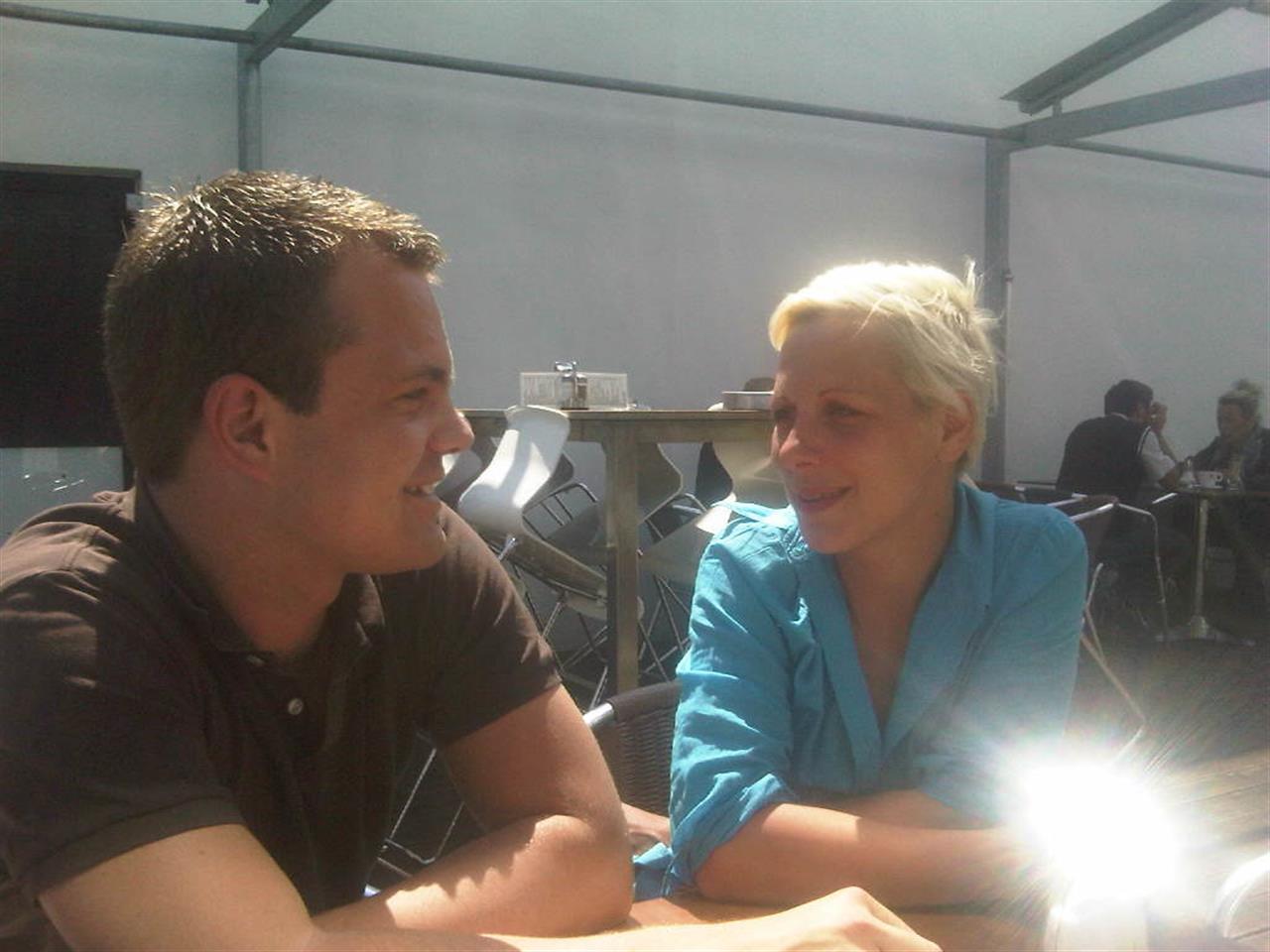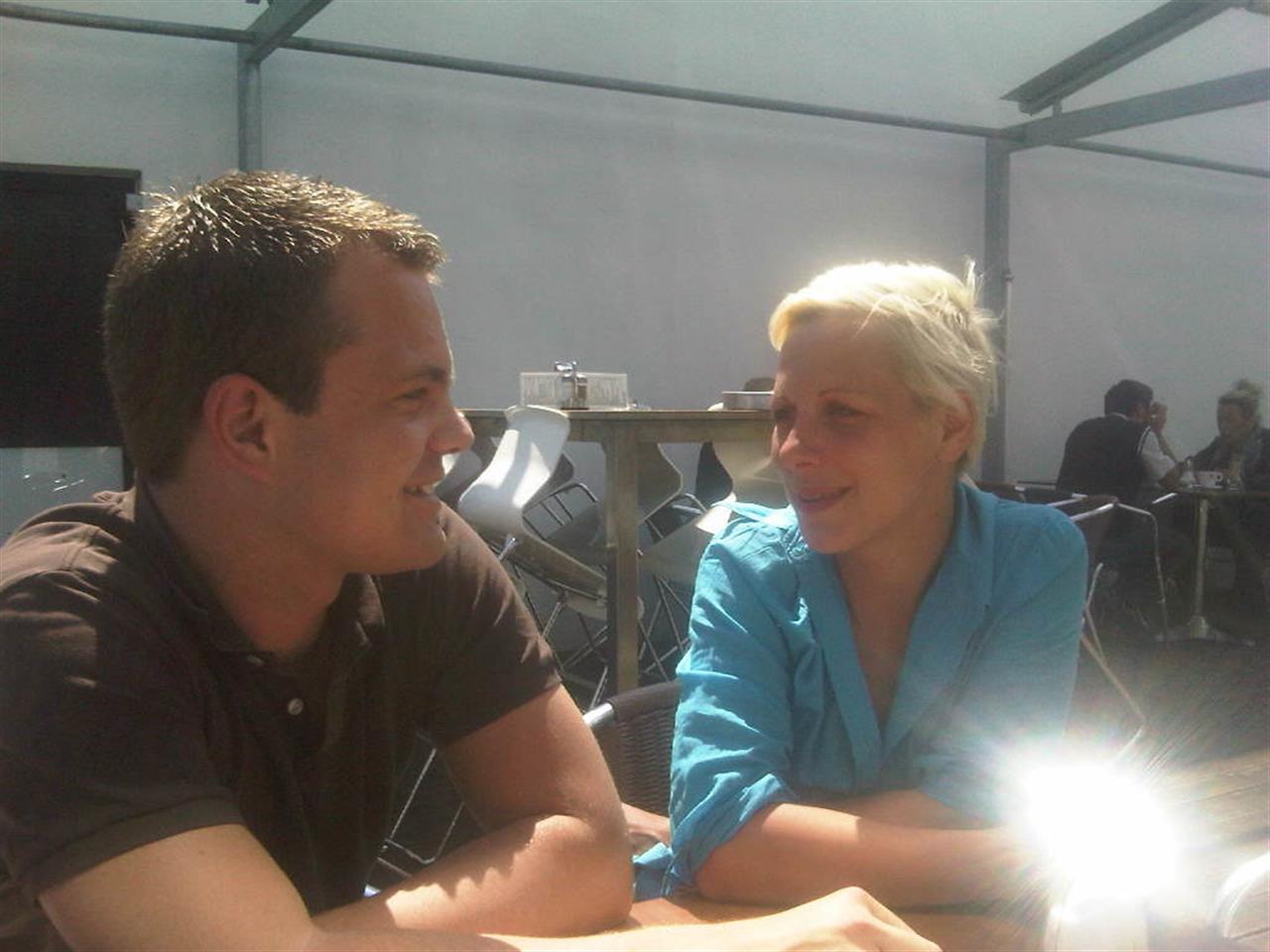
Dear Hinnerk and Alexis
When you live in London the continent looks slow, lazy and just its Western part seems worth a comparison. Eastern Europe doesn’t come to your mind besides former Soviet bloc and source of immigration.
What’s going on in Mittleuropa?
Few days ago I embarked in a trip at the heart of what was the Austrian Empire a century ago.
I was invited to speak at FET11 in Budapest and took the opportunity to visit Vienna and Prague – a study visit to explore membership opportunities for Euclid.
I have to confess my knowledge of that part of Europe is still limited. When I grew up they were the communists. After 1989 they became our liberated brothers and sisters, and new markets for Western companies.
EU generously supported democratization and liberalization. Finally in 2004 they were reunited as the New Member States. Once in the club problems started.
Some joined the Americans in the war of terror; others raised their voice in the EU. They didn’t like to be patronized as the younger brothers. The borders fell and migrants started moving across borders.
Since 2009 the economic crisis has knocked several of them down. Right wing movements are on the rise but the general concern is to save what has been achieved so far.
This story is well known but I was not expecting to get so excited by my peers.
Hungary is probably the worst off amongst all of them but its people – too young to have been compromised with the communist regime – are not ready to write off their future. Barbara is the best example.
I met her at a deadly boring meeting of International NGOs. In less than a year she has become our champion in the region. She recently launched the first negotiation between banks and NGOs to develop services for the sector.
Eva is another one. She leads Nesst one of the few social enterprise incubators in the region. Never lured by Brussels she still works locally because there needs are there.
Vienna is even more surprising. I have always associated it to the Austrian empire of bourgeois but this time I discovered a vital civil society.
It’s not boasting and pretentious – as on the island – but down to earth. It delivers.
Werner, the new director of CARITAS Vienna, really impressed me. I met him at a lecture he organised with Royston Maldoom, the community dance choreographer. You expect an old sad priest at the head of such an organisation, not a social innovator experimenting with community dance.
I also met Michael and Reinhard, both academics but so engaged with practitioners they set up and run an NPOs centre connecting 300 organisations in the country.
The Hub in Vienna is really another hub for the sector. Everybody goes there to innovate including the well-established organisations. Hinnerk is the founder and he helped me organising this trip.
I admire him for having literally saved the whole Hub network – including London – thanks to a partnership with Erste Foundation.
Finally I couldn’t miss Erste, a foundation owning the second largest bank in the country as, in Italy, the bank foundations.
I met Jennifer the managing director of €10m Good Be – former main stream banker fed up with purposeless mainstream banking – which she doesn’t call a fund – I’m not a banker for me it’s the same! Still it’s one of the first social investment sources giving loans to social enterprise.
They ambition is to build such a market and last year they called the Nobel prize laureate Mohammed Yunus to promote the initiative touring across the region.
I shouldn’t forget Josef Hochgerner founder of the Centre for Social Innovation. He picjed the relevance of social innovation 20 years ago and established one of the largest reaserch centre delivering projects in the field worldwide.
I didn’t visit Bratislava but Lenka, director of Pontis Foundation, came to meet me in Vienna. It’s impressive the services the foundation provides to corporations to donate effectively (CSR) but it’s even better when Lenka tells you about the work in Belarus and Cuba. As she explained: ‘we were helped when we lived in a dictatorship. Now we help dissidents’
Prague was my last destination. Without mentioning how pretty it is, I realized only when I was there that you can meet great guys as well.
Actually it seems the sector is pretty sounding. People in need is the largest NGOs in all New Member States. PASOS, the Soros-affiliated network of think tanks in former Soviet Bloc, is based in Prague.
Policy makers had the brilliant idea using part of the earnings from privatization in ‘90s for the endowment of foundations. This simple choice has established several institutions to strengthen civil society and tackle societal challenges. Unfortunately such good practice hasn’t been replicated.
In Prague I made other inspiring meetings. I visited the Hub and met Jitka from Via Foundation. The latter demonstrates that even in new member states civil society organisations can be independent from European funding deriving income streams from services delivered to international corporations.
Even more surprising is the research project of Oto Potluka, academic and director of IREAS. It’s an impact assessment of structural funds in the country. Who has doing this yet?
My overall impression is very positive and I want to spend more time in this part of Europe – very new and very old at the same time. New energy, champions and ideas are emerging.
Si può usare la Carta docente per abbonarsi a VITA?
Certo che sì! Basta emettere un buono sulla piattaforma del ministero del valore dell’abbonamento che si intende acquistare (1 anno carta + digital a 80€ o 1 anno digital a 60€) e inviarci il codice del buono a abbonamenti@vita.it

